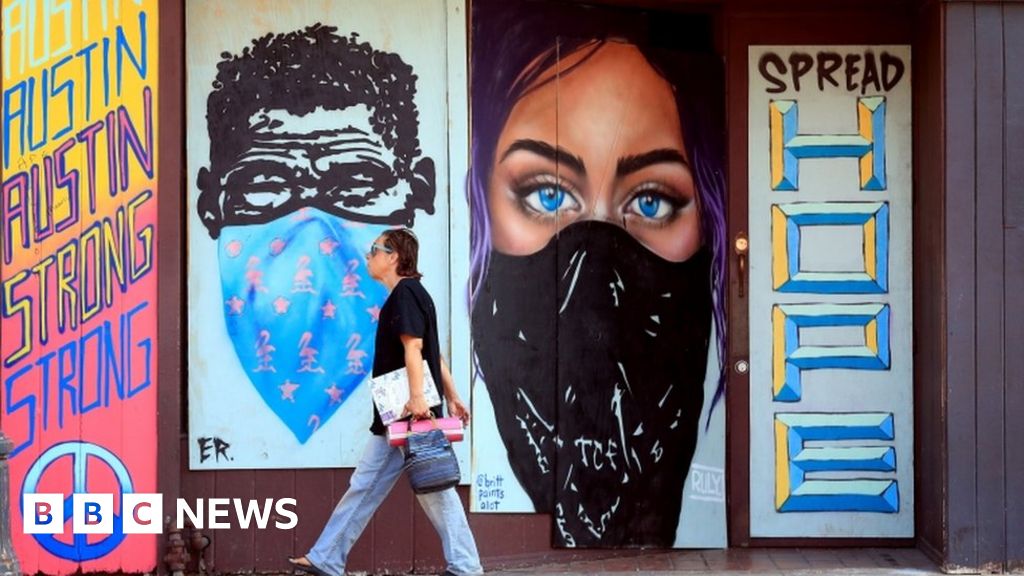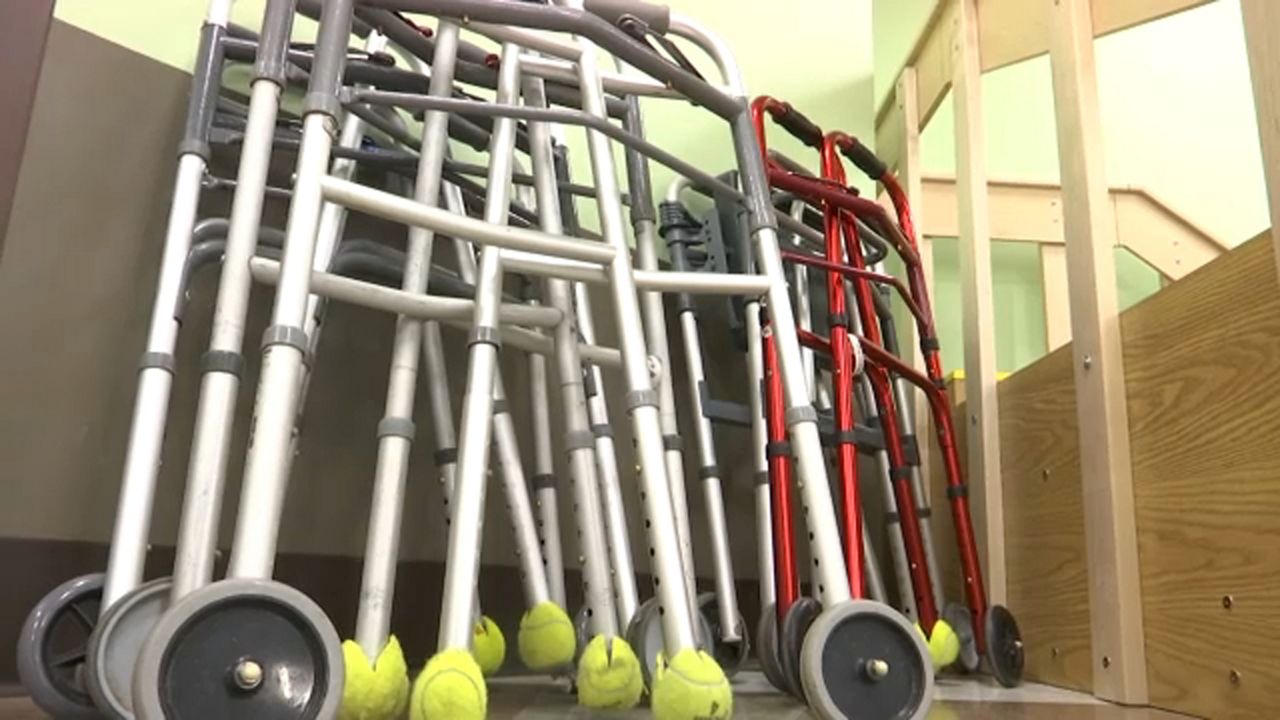But it also raises an interesting point which is that coronavirus fatality rates r falling due to improved clinical practices like substituting the dreaded intubation w/ proning and altering the oxygen supply. Sometimes altering our processes & behavior is more important than waiting for some miracle drug or vaccine that may or may not be invented.
This raises the interesting question of whether too much oxygen may assist the virus in flourishing and replicating. I think researchers have been struck by the enormously high fatality rate once someone goes on a ventilator for a while now. Although I am not an expert on the procedure, my understanding is that usually a ventilator is not removed until a patient begins breathing normally. This may not be a correct expectation with Covid 19. Perhaps reducing the oxygen levels to the level necessary for the patient to breathe and get enough oxygen- rather than normal oxygen- is a better strategy, or varying the levels as you say.
I unfortunately watched someone I know die of lung cancer in 2019. At the very end the cancer was no longer being treated but he was being given morphine (to suppress respiratory effort), anti-anxiety meds (so he would not freak out) and maximum oxygen. The last time I saw him was around 36 hours before his death, in the ICU of a hospital. I could tell just by his breathing, which was in short, quick bursts, that he was not getting enough oxygen despite the maximum intake. He could not talk. The only thing I would have asked him is whether he was comfortable. Looking at him, I could not tell. Because of the breathing, I am guessing not. All we were able to do was shake hands. As I said goodbye, he grabbed my hand and shook it firmly. This was of course pre-Covid.
This makes me wonder as well whether morphine gets administered to Covid patients on ventilators to suppress their respiratory effort, and whether those clinical techniques have proven effective in conjunction with varying the supply of oxygen.












